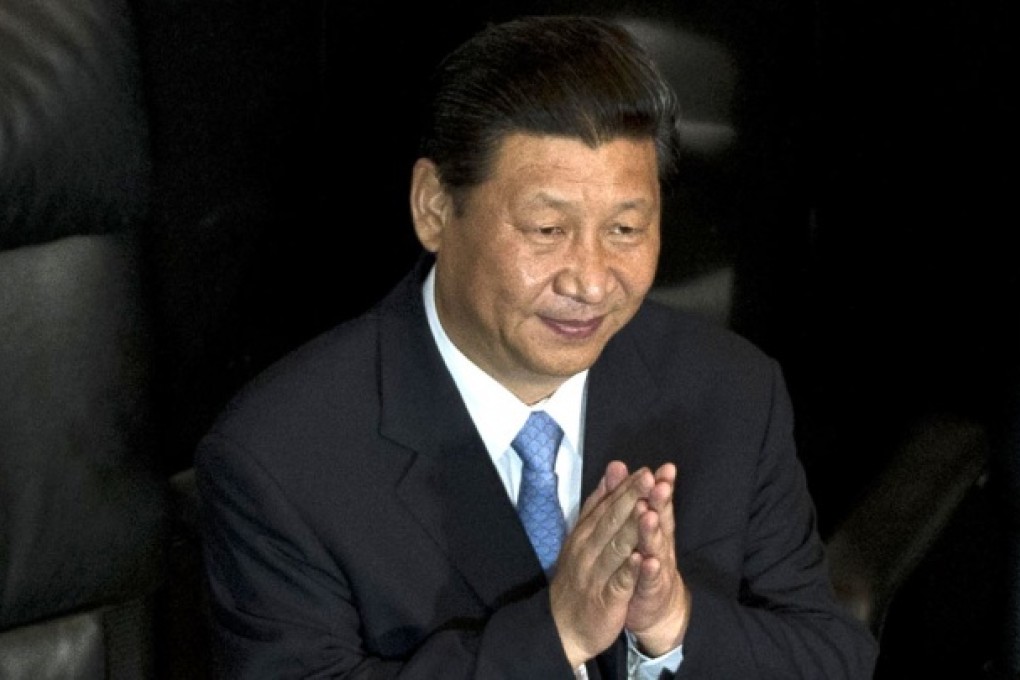Opinion | China's constitution appears headed for the growing list of taboo topics
Despite Xi Jinping's fine words about China's Dream, a series of developments since then have reminded us not to get too excited

In his recently published memoir, exiled former senior official Chen Yizi, a key government economic adviser in 1989, said reformists issued an appeal on May 19 of that year calling for the convening of a special meeting of the National People's Congress (NPC) to resolve differences among leaders on how to handle the student protests - rather than resorting to martial law - because it was a method provided for by the constitution.
While it is unclear whether such a meeting could have prevented the June 4 crackdown, 24 years later a keen - but still limited - discussion of the significance of the constitution is taking place in China, largely thanks to a speech by Communist Party general secretary Xi Jinping in December on the need to "respect and effectively implement the constitution".
Delivered on the 30th anniversary of China's current constitution, it was one of Xi's first major speeches as party chief and sparked optimism and heated public discussion about constitutional reform.
However, a series of developments since then have reminded us not to get too excited.
From the controversial censorship of the New Year editorial on "a constitutional dream" to the leaking of party instructions last month that banned the teaching of seven subjects in universities, including citizens' rights and judicial independence, it seems that discussion about the constitution and constitutionalism risks becoming the latest entry in the mainland's long list of sensitive topics.
China's current constitution - based on earlier versions from 1949 and 1954 - was passed in 1982 and has seen four amendments. It guarantees universal human rights such as speech, publication, association and protest. A clause that "the state shall respect and protect human rights" was added in 2004.
